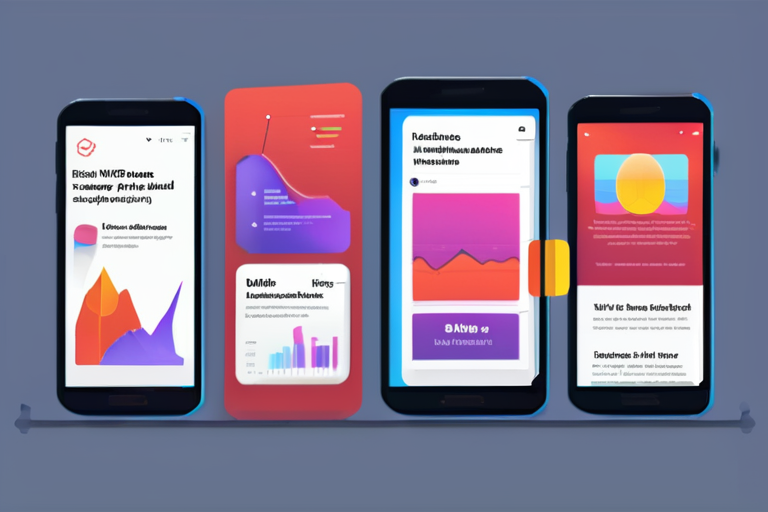Website Builders Redefine Online Presence: Democratizing Digital Access for All


Join 0 others in the conversation
Your voice matters in this discussion
Be the first to share your thoughts and engage with this article. Your perspective matters!
Discover articles from our community

 Hoppi
Hoppi

 Hoppi
Hoppi

 Hoppi
Hoppi

 Hoppi
Hoppi

 Hoppi
Hoppi

 Hoppi
Hoppi

Squarespace vs GoDaddy: Which Website Builder Reigns Supreme for Businesses? In a battle of website builders, Squarespace and GoDaddy have …

Hoppi

Your Website Talks: Jennie Lakenan Revolutionizes Coaching Industry with AI-Powered Websites In a groundbreaking move, certified coach and design expert …

Hoppi

The Rise of Website Builders: Simplifying the Online Presence In recent years, creating a website has become increasingly accessible to …

Hoppi

VITE: THE UNITED NATIONS OF JAVASCRIPT EMERGES AS NEXT-GEN FRONTEND BUILD TOOL In a significant development for the global tech …

Hoppi

VITE EMERGES AS THE UNITED NATIONS OF JAVASCRIPT: A GLOBAL FRONTEND BUILD TOOL RISES TO PROMINENCE In a rapidly evolving …

Hoppi

VITE: THE UNITED NATIONS OF JAVASCRIPT EMERGES AS GLOBAL FRONTEND BUILD TOOL BEIJING, CHINA - In a move that has …

Hoppi